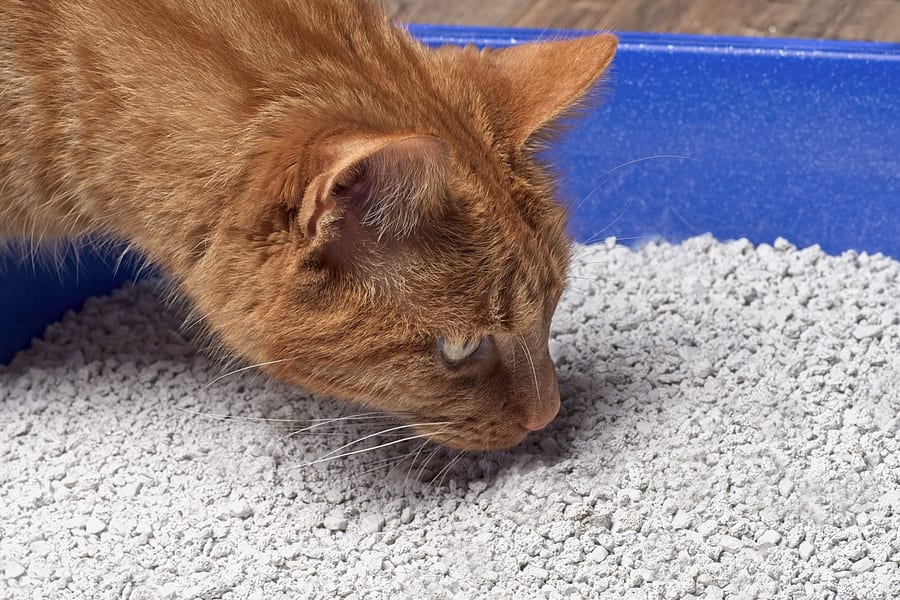Cats are known for being self-sufficient, but how far does that independence actually go? Litter box training means you don’t have to let them out to the bathroom every few hours, and cats are perfectly content without a daily walk to the park. The bottom line is, they’re considerably less needy than dogs. But what happens when you leave the house for a long period of time? Cats are generally capable of taking care of themselves, but for how long? Longer than dogs, that’s for sure, but can you safely leave a cat alone while you’re on a weekend trip or extended vacation?
The answer to this question isn’t clear-cut. There are a lot of factors that go into it, and you’ll have to consider your specific situation and cat before you pack your bags.
Age and Health Matters
Kittens have a lot of growing up to do, and the youngest in the family shouldn’t be left home alone for too long. The generally accepted rule is that kittens four months and younger should not be left alone for longer than four hours at a time. By six months they can go a full work day, or eight hours straight without being checked on.
As your cat reaches maturity, usually around a year old, that’s when it’s okay to leave them alone overnight and potentially for longer, but only if they’re healthy. Cats that need regular medication, have seizures, or suffer from any kind of recurring health issue should not be left alone for extended time periods.
Food
One of your biggest concerns if you want to leave your cat alone is making sure they have access to as much food as they’ll need. If your cat eats only wet food, you can’t safely leave more than a day’s worth of food out in their bowl without the risk of it going bad. You should also think twice if your cat is one to chow down on all the food in their bowl at one time. These cats could end up eating more than a day’s worth of food at once and then have nothing left.
To safely leave your cat alone for more than a few hours, they should happily eat dry cat food, and you should have a way of making their food last the entire time you’re gone. Some cats will only eat when they’re hungry, so you can simply fill their bowl as necessary. You could also invest in an automatic pet feeder that dishes out the appropriate amount of food at timed intervals.
Water
Cats are prone to dehydration, and going even one day without adequate water can be harmful to their health. The problem with leaving your cat home for a long period of time is that a lot can happen to their water dish. If your cat likes to play in the water or splash it around, they could spill the entire thing within the first five minutes and have nothing left to drink. There’s also the risk that the water gets so dirty that your cat refuses to drink.
When you leave your cat alone, you’ll have to devise a plan to ensure they have enough water. An automatic cat fountain or gravity refilling bowl are both good options.
Litter Box
Cats are great because you don’t have to let them outside to do their business. But we have yet to teach our cats to clean their own litter boxes. Once the litter gets too dirty, your cat will likely choose to stop using it. No one wants to use a dirty bathroom! There’s also the risk of exposing your cat to bacteria that grows inside dirty litter boxes.
How long you leave your cat alone depends on how often you need to clean the litter box. An automatic litter box can make life easier, as it cleans itself. You could also set up a second litter box and train your cat to use that one if the original ever gets too full.
Cat-Proofing
Cats can be naughty, and there’s no telling what kind of trouble they can get into when left alone. Before you leave your cat alone for longer than a normal work day, you’ll want to completely cat-proof your house. That means putting all potentially harmful cleaning products, plants, or chemicals somewhere kitty can’t access.
It’s also a good idea to unplug everything that isn’t being used in case your cat gets bored and decides to chew on the wires. Another thing to think about is whether or not your cat knows how to operate the sink faucets. I know a cat that turned on the kitchen sink faucet while their family was away, and they came back to a flooded kitchen.
Loneliness
Cats are independent, but that doesn’t mean they don’t get lonely. Most cats look forward to the moment their humans get home from work or school. They need regular socialization and interaction to stay happy. Even if your cat prefers to nap in their bed rather than your lap, that doesn’t mean they don’t crave companionship.
You’ll have to think about your cat’s need for company before you leave them alone. Having another cat around can help, but your feline family members still need cuddles and play time with humans. They get both lonely and bored. And when that happens, they could act out or become depressed.
So, How Long Can You Leave A Cat Alone?
If you have a healthy, adult cat and have considered all the above factors, it’s generally safe to leave a cat alone for 24-48 hours at a time. Any longer than that, and you run the risk of them getting lonely, running out of food or water, or getting upset at a dirty litter box.
When you’re leaving for a longer amount of time, it’s best to hire a pet sitter, or at least ask a neighbor to check in on kitty once a day.







